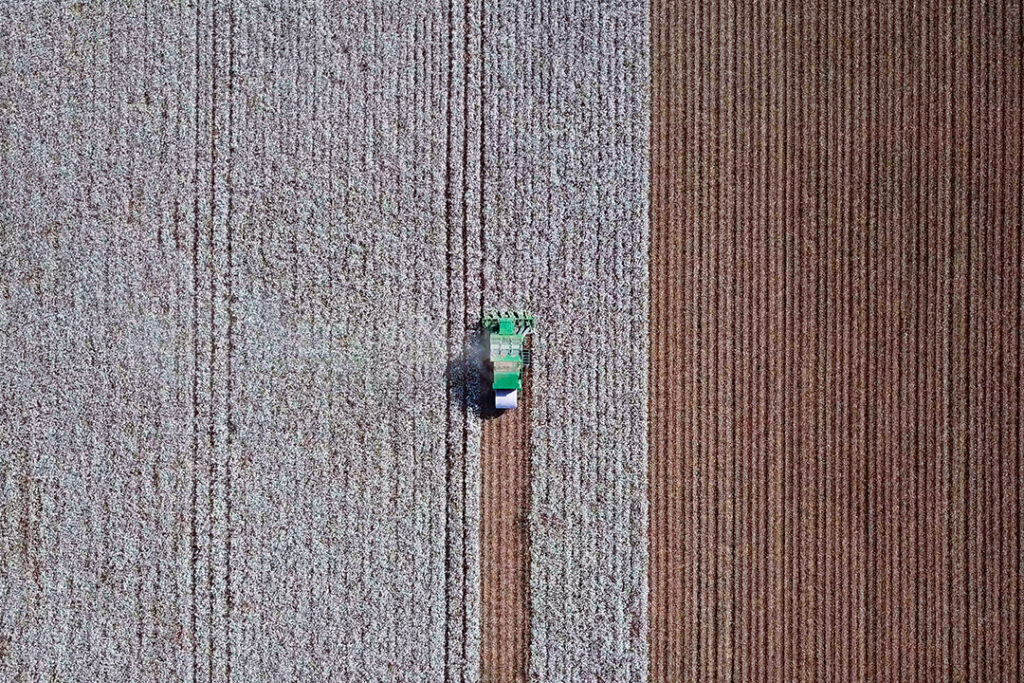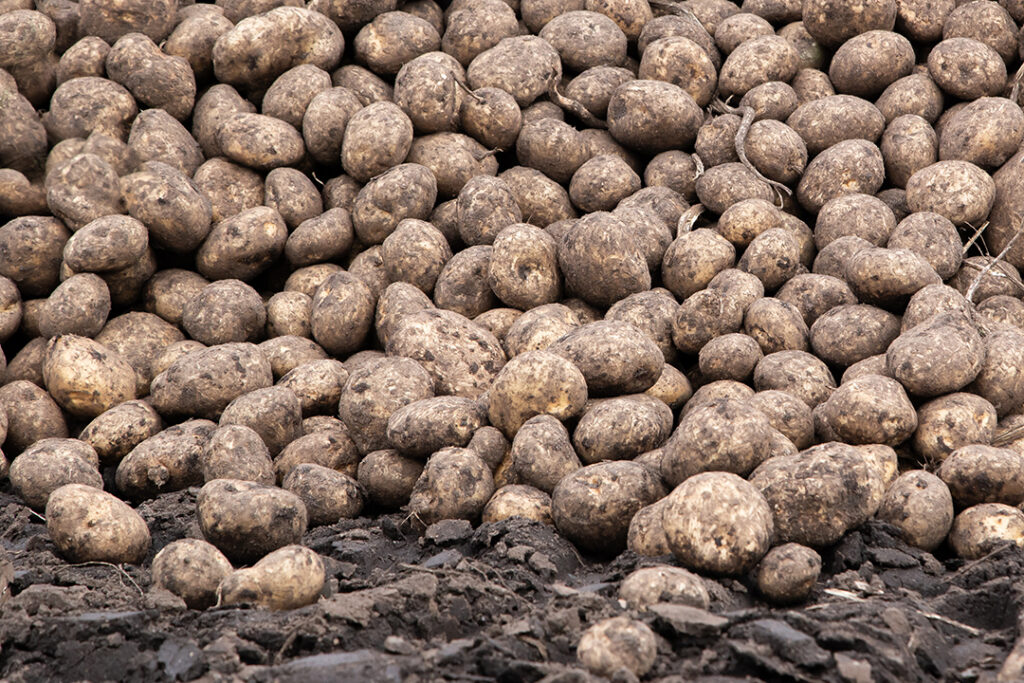More than 112,000 training sessions for European farmers have been carried out in the first year, while pilot programmes for Closed Transfer Systems are underway in four EU countries
By Olivier de Matos
Director General, CropLife Europe
Today’s food production systems bring safe, diverse and affordable food to the tables of European citizens, and Europe’s bountiful agricultural system ensures that the continent is a major player in the global food market. But we also recognise that our agriculture ecosystem needs to be more sustainable. Farming requires the use of resources – fuel, pesticides, fertilisers, water – which we must reduce to mitigate the impact of food production on our planet.
In 2020, the crop protection industry made six firm commitments that aim to contribute to the ambitions of the EU’s flagship Green Deal. Our commitments cover three broad focus areas: innovation and investment; the circular economy; and protecting people and the environment.
The transformation of Europe’s entire farming system into a new sustainable model needs to happen from the ground up. As agricultural machinery and methods change, farmers and farm workers need to know how to manage them safely – protecting themselves, protecting the communities in which crops are grown, and protecting consumers.
One of the industry’s six commitments was the ambitious goal of training 1mn EU farmers in new, environmentally friendly agricultural techniques before 2030.

Last year, in the first 12 months since the commitment was made, the industry provided dedicated training to more than 112,000 farmers, advisors and multipliers – 11 per cent of its target. The training covers the implementation of Integrated Pest Management, water and environment protection, new technologies, the importance of personal protective equipment (PPE), and the collection of empty containers.
The aim of the training is to minimise exposure and reduce risk to both farm workers and the environment, while contributing to the goals of the EU’s Sustainable Use Directive.
The training is governed by a strict set of criteria. For farmers and operators, the training must last a minimum of 45 minutes for face-to-face instruction and 30 minutes if the session is online. The criteria for training given to agricultural multipliers and advisors is defined as being a minimum of two hours for face-to-face training and one hour for virtual training.
The industry’s second commitment, under ‘protecting people and the environment’, was to make technologies such as Closed Transfer Systems (CTS) for pesticides and biopesticides available to all European farmers and operators by 2030.
A CTS is a device that allows neat pesticide mixture to be transferred from its original container to the spray tank with negligible exposure to the operator and the environment. It also allows the operator to measure accurately the amount of chemical being transferred.

The CTS provides an additional safety margin for operators, as well as for the environment, significantly reducing the likelihood of unintentional contact between the operator, the environment and liquid crop protection products. When filling a sprayer, CTS enables the pesticide or biopesticide to pass directly from its original container into a spray tank, making it unnecessary for the farmer or operator to pour the product into an open induction hopper. This avoids any unintentional contact through splashes or spillages.
Our industry has launched pilot programmes of the CTS, an open technology that is supported by a wide swathe of the industry, in four EU member states. The intention is that the remaining member states will follow once the pilots are completed.
While there is broad demand for CTS across Europe, a key success factor would be to create an international standard for the technology to ensure it is compatible with a broad range of pesticide and biopesticide products, container sizes and manufacturers.
Knowledge transfer is essential in the widespread uptake of new technologies. Our industry recognises our responsibility to train farmers, operators and advisors on how to best manage crops with minimal impact on the environment and maximum levels of protection.
This article was first published on FT.com